How can VET teachers introduce virtual reality in their teaching to improve students' learning output, and then model best practise to be shared with more VET teachers?
The project has the overall aim of changing the way vocational education and training supports VET pupils learning by introducing virtual reality (VR) and VR-games as teaching methods.
Our specific goal is to allow VET teachers to test VR in their own VET classrooms / workshops and then exchange experiences with their partners on this project. Therefore, during the project period, they will develop some common guidelines for best practices for VET teachers in general about
- Checking if VR is relevant, and if so
- present a guide for inexperienced VET Teachers about how to plan, do and evaluate VET lessons with VR.
Our focus in this project is VET teachers and how a group of pioneering adopters can collaborate, develop and exchange knowledge on best practices by introducing educational VR technology (Ed Tech) as a complement to traditional teaching with books and other displays.
In this project a group of approximately 20 teachers explores the possibilities of Ed Tech and develops a manual for other VET teachers in general on how to check the relevance of VR software. It will also explore how teachers should plan, lead and evaluate VET lessons that include VR sessions for students.
The project will also present a list of virtual reality games with relevance to different subjects, so that inexperienced VET teachers get a starter kit and a guide on how to introduce VR into their teaching. There is no requirement that teachers must know something about virtual reality before joining the project. It is intended for beginners so they have a good understanding of what other VET teachers may wonder when it comes to VR. It will be presented in English, Spanish, Finnish and Norwegian.
Professors and Ed Tech experts will be invited to the workshops to give lessons on relevant topics. The project mainly focuses on how to make things work in a practical way for both teachers and students. However, the theory of pedagogy, motivational psychology and neuroscience is also part of this way of bringing classroom teaching closer to what students face in reality.
Project partners:
- Nome vocational college, Norway
- Riveria, Finland
- TKNIKA



